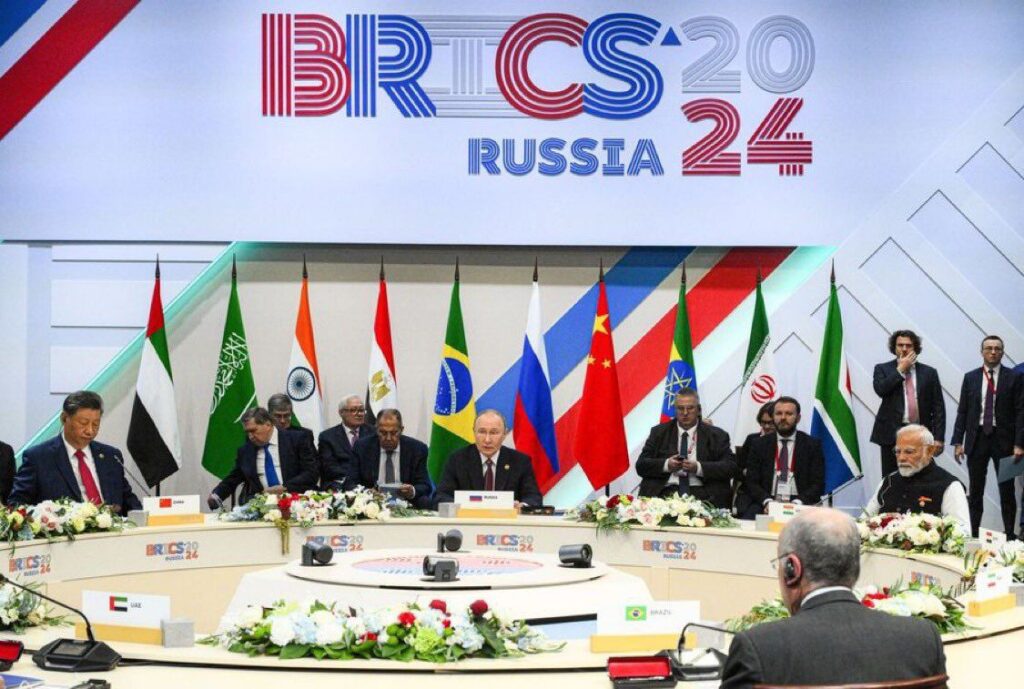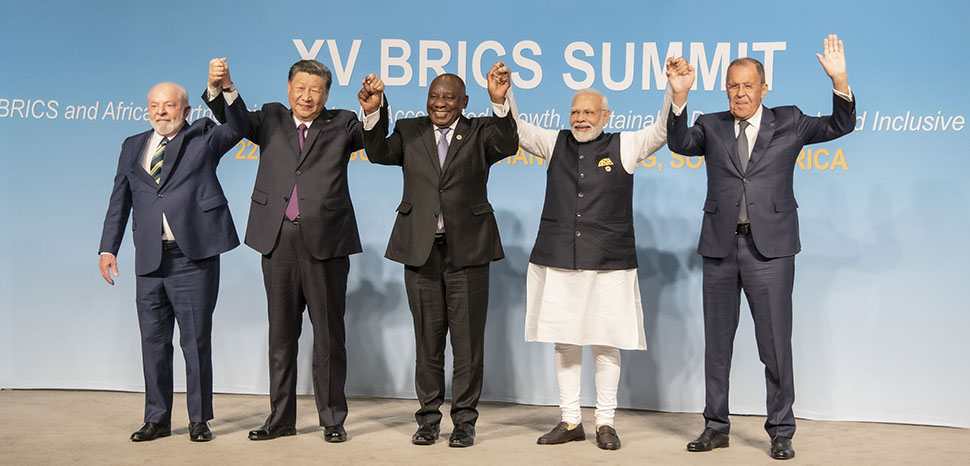Uganda has joined the BRICS economic alliance as one of thirteen new partner nations, marking a significant shift in the East African nation’s international trade relationships and reflecting broader changes in global economic power dynamics.

The expansion, which includes major economies like Indonesia, Turkey, and Nigeria, represents BRICS’ growing challenge to Western-dominated financial institutions. The move brings Uganda into closer alignment with Brazil, Russia, India, China, and South Africa, offering access to some of the world’s largest emerging markets.
“BRICS provides a platform for African countries to engage on more equal footing with major economies,” said regional trade analyst Mohammed Ssemakula. “The shift toward south-south cooperation is particularly important for countries like Uganda, which are seeking to reduce dependency on Western markets.”
Uganda’s agricultural and resource-based economy stands to benefit from increased investment opportunities, particularly in oil, minerals, and cash crops like coffee and tea. The partnership could accelerate infrastructure development in energy and transportation sectors, crucial for improving the nation’s economic competitiveness.

The inclusion of both Uganda and Nigeria, Africa’s largest economy, underscores the continent’s rising influence in reshaping global economic alliances. African nations, traditionally viewed as recipients of Western aid and investment, increasingly seek partnerships emphasizing mutual benefit and economic development.
BRICS’ expansion reflects its long-term strategy to create alternative economic pathways outside Western-centric trade and financial systems. For Uganda, the partnership signals a strategic pivot toward emerging markets and could strengthen its position in international trade negotiations.
The development comes as emerging economies increasingly challenge traditional Western economic dominance, with BRICS members collectively representing a significant portion of global GDP and trade volume. Uganda’s participation in this expanded alliance could fundamentally alter its economic trajectory and role in global markets.



